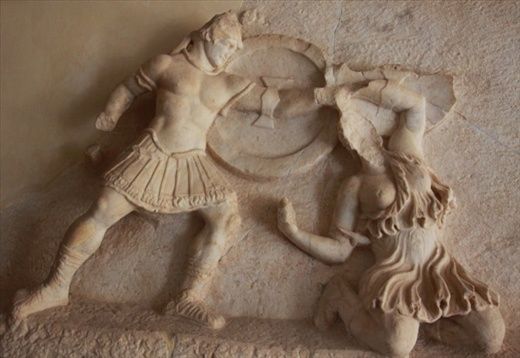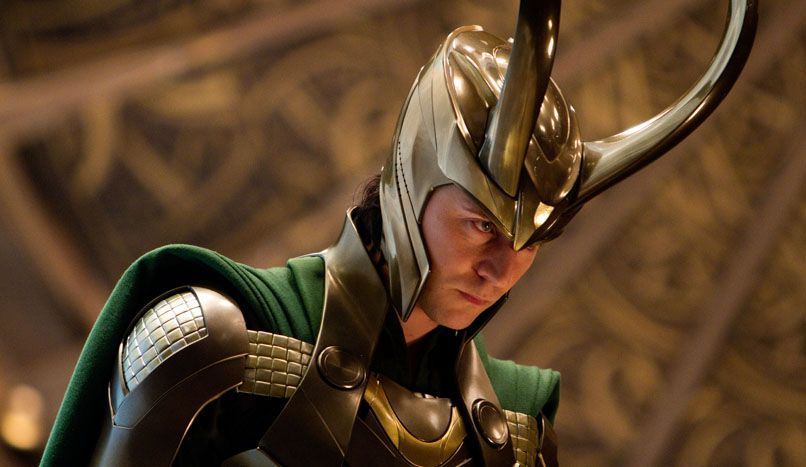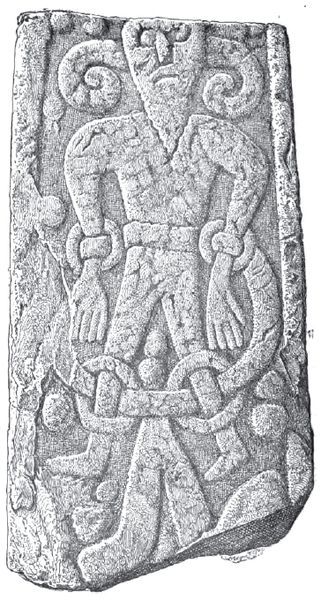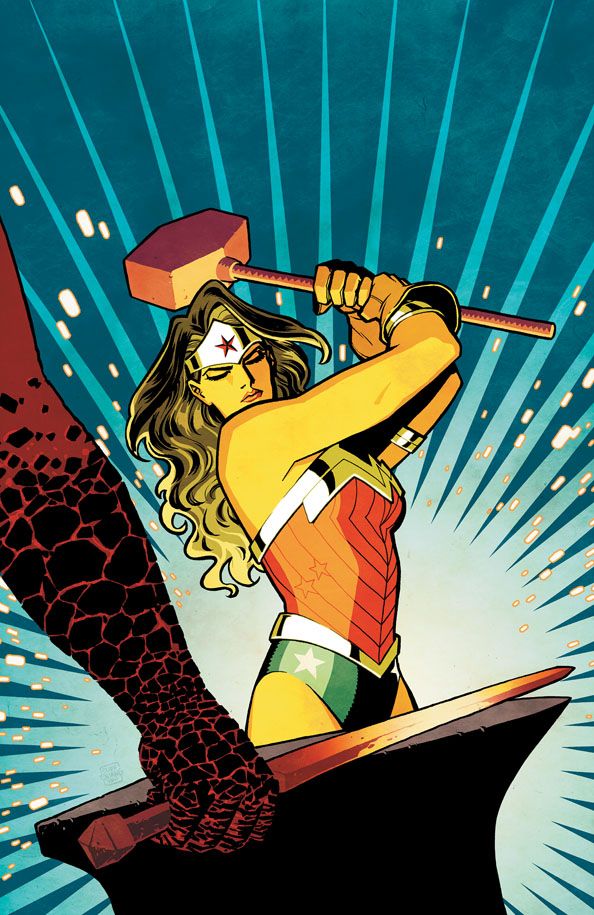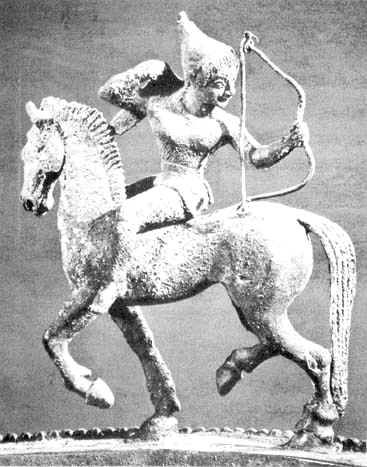Adapting ancient parables and mythology is a large part of current comic book lore, as writers seek to imbue their creations with weight by borrowing from more established folklore. But in doing so without context, we're ignoring the reasons why these stories worked so well, and what they would have meant in their original eras.
My friend Tara, an anthropologist and archeologist living in Britain, told me yesterday that she was disappointed by the two dimensional depiction of Loki in the movie version of Thor. Initially I was surprised, since I didn't see him that way, but then I remembered that I was superimposing my own knowledge of Loki in comic books onto the film. Because of the odd range of Loki stories that I've read, I've managed to enjoy fairly diverse depictions of him. He's quite well represented in non-cape books like Sandman or Lucifer, as well as more directly in mini-series', Avengers books, and naturally in Thor's own comic books. I've always read him as a conflicted character at best, not outright bad and certainly someone who, while selfish, has done some ostensibly positive works at some vague point in the past.
In the movie, while he was a disgruntled and out of place child, his character and response to the revelations about his past depicted him as an all round bad egg, with no redeeming qualities within our own moral codes. While it didn't detract from my enjoyment of a fun, action movie, I can definitely see how it was limited use of a rich character (although that could be said about any superhero or myth-based movie these days, but that's a different article and I'm not writing it today.)
For a moment let's put aside the fact that blockbuster movies are presenting simplified versions of already basic characters from mainstream comic books (a depressing thought), but Tara gave me some food for thought about mythology. She explained that originally, when these myths and stories were written, people had very different values from the ones we have now, so while the character of Loki was always a manipulative figure, this wasn't considered an entirely bad thing. If we look back at various ancient mythical figures both in Norse mythology and otherwise, even the heroes were comfortable using whatever lies necessary to attain their goals, including lying and trickery. While we demonize Loki for this now, in the past he was a more ambiguous character, and these current flaws weren't always seen as such. Heroes of mythology, like Odysseus for example, also lied and manipulated others to get their way, dishonesty and manipulation was not enough to class someone as "evil" in the way that it is now. In fact, using these ancient characters in current stories, then presenting them through the warped lens of our values creates rather dull ideas and ignores much of the richness which made them so exciting in the past.
I asked Tara about the current treatment of Wonder Woman, now that a version of the Amazon mythology is being incorporated into this current iteration of the comic book. I explained that while proponents of the rapist Amazon behavior have said it is true to the original mythos, detractors are disappointed by this rapey / slavey behavior from former feminist icons. As an anthropologist, Tara had another take on the subject. Apparently, back when stories of a race of Amazon warrior women was current, the idea that these warriors would be slavers or rapists wasn't frowned upon because this was how all warriors behaved, it was part the job, i.e. "We won, we get to rape your women and sell your menfolk - wooohooo!" The reason the Amazon rapist / slavers was such a disturbing story at the time, wasn't what they did, but that they were _women_ doing it to men, turning the tables on them, so to speak. The idea that warrior men could be raped and forced to experience the horrors they regularly inflicted on their female foes was the frightening part of the myth at that time. Therefore, if we follow this logic, the problem isn't that we're using the original mythology in the current stories, the problem is that we aren't amending it to work with our current moral standards. Logically, If we want to present men with a terrifying turnabout story of this type, we need to write tales of men who're paid pennies on the dollar, expected to wear uncomfortable shoes every day, and judged purely on their appearance, while being denied health insurance coverage for birth control (scary!)
Joking aside, while the above idea might seem like a very euthanized version of the original mythology, these are the types of problems we encounter when we utilize early mythology in todays world, instead of creating new situations which fit more logically into the confines of current standards of behavior. Using the excuse that these are old stories we're repurposing and so their behavior is dictated is a cop out, because when they were written, we weren't the same people. We must acknowledge our own changes in writing our stories.
Whenever something like this comes up, I'm reminded of the scientist who witnessed a homosexual, necrophiliac, duck rape. (Bear with me, the connection will become apparent in a moment.) You see, it turns out that these ducks were having a flight fight, which may culminate with the dominant duck having sex with the his vanquished opponent, no matter what gender or what condition he is in (i.e. alive or dead!) Now if we look at this by our own moral standards, we're horrified at this illegal behavior. The duck is a necrophiliac, homosexual rapist! But within his own society, the duck is behaving perfectly rationally. We do not try to retell this story by replacing the duck with a human, because it would make no sense. Similarly, we should not try to rehash ancient stories as if they are about modern people, because they won't make any sense. Our stories and our histories are nothing without context, and we do them a disservice by presenting them as such. As Tara said to me; Let's just hope the Norse gods aren't real, otherwise they're going to be very angry.

